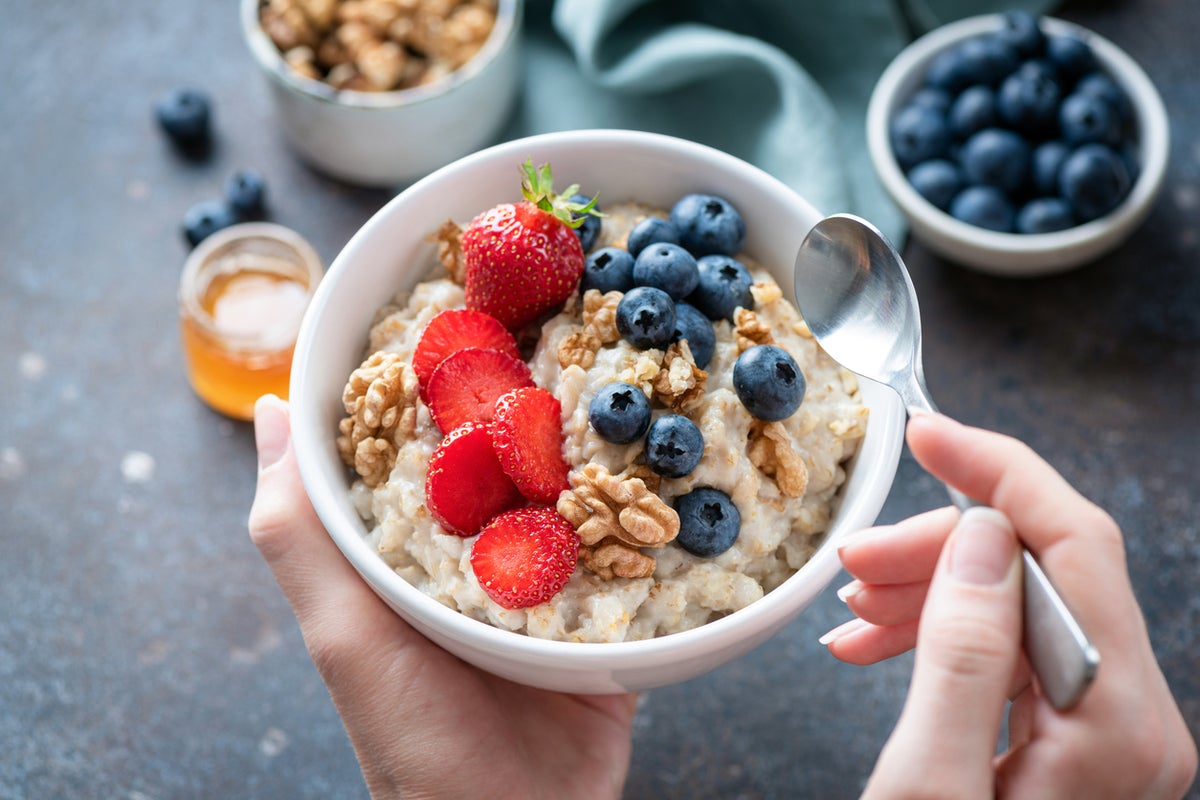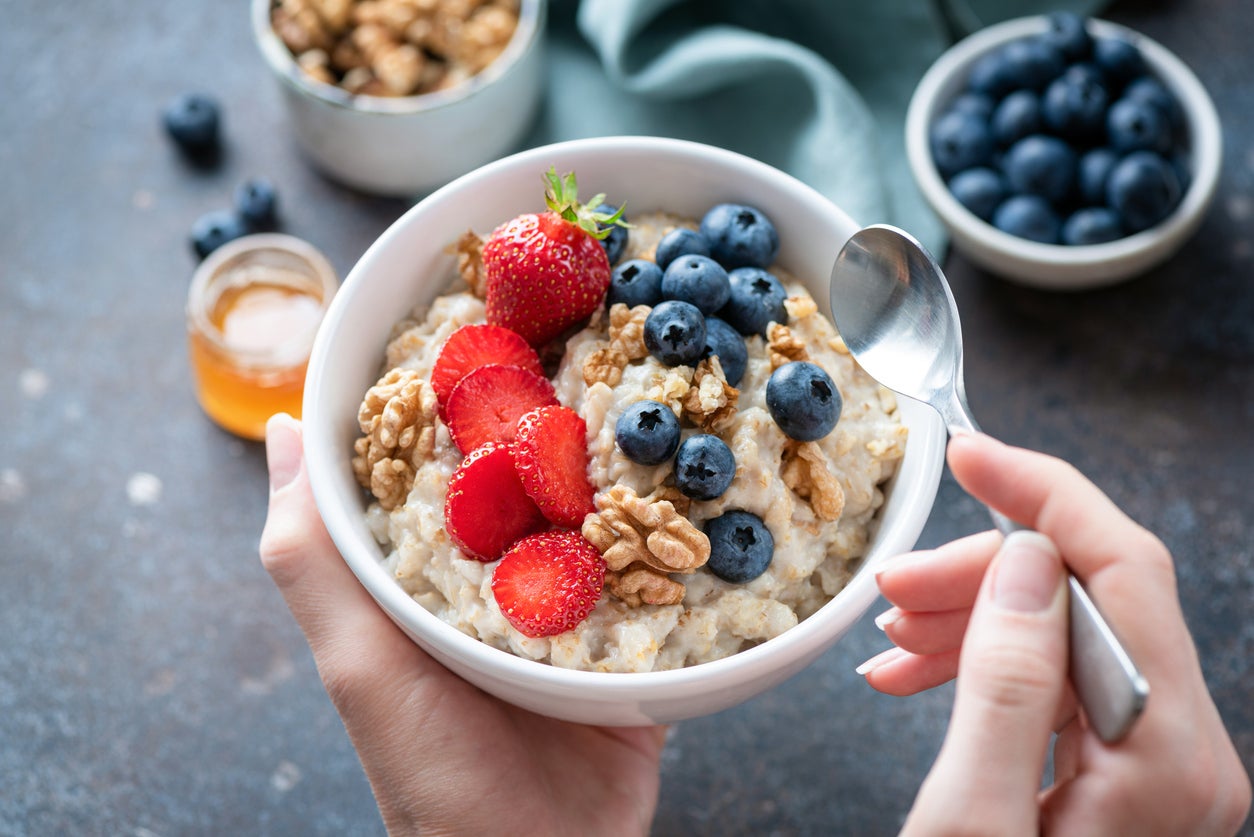Cardiologist reveals his ‘go-to’ breakfast for a healthy heart

A cardiologist has revealed his favorite breakfast for keeping his heart healthy.
Often touted as the most important meal of the day, breakfast fuels you for the hours ahead. However, popular options like muffins, donuts, bacon, and processed cereals are typically high in cholesterol and sugar, making them less ideal for a healthy start.
With that in mind, multiple cardiologists and health experts recommend a nutrient-packed breakfast option that’s high in fiber and vitamins to kickstart your day.
“My go-to is really oatmeal,” Dr. Andrew Freeman, a cardiologist based in Denver, Colorado, told Today. “In general, I recommend oatmeal as the best option.”
According to Freeman, the best option is a cup of oatmeal prepared with water instead of milk or butter, keeping it lower in calories. He advises adding berries, flax seeds, and walnuts, which offer different health benefits and are rich in fiber.

However, it’s best to avoid instant oatmeal, as it’s more processed and often contains added sugars and artificial ingredients.
Oatmeal is high in minerals and vitamins. According to the U.S. Department of Agriculture, a one-cup serving of cooked oatmeal has about 1.8 milligrams of vitamin B1, also known as thiamin, a vitamin that’s important for energy production and nerve function.
That cup of oatmeal also has nearly four grams of dietary fiber and less than one gram of total sugars.
The American Heart Association notes that oatmeal stands out because it has beta-glucan, a dietary fiber that can help maintain healthy cholesterol levels and lower blood glucose levels.
Along with reducing heart disease and diabetes, beta-glucan also promotes healthy gut bacteria and intestinal health, according to the Mayo Clinic.
So, how will oatmeal impact how our body functions? According to EatingWell, having oatmeal for breakfast could reduce your feelings of hunger and make you feel fuller throughout the day.
“Having oats for breakfast or incorporated into different foods as meals and snacks is a great way to give the meal more staying power and help you feel fuller for longer,” registered dietitian Maggie Michalczyk told the publication in January.
Michalczyk also noted that beta-glucan “forms a gel-like consistency in the gut and helps to keep things moving in your digestive tract and keep you regular.”
While he’s all for having oatmeal in the morning, Freeman previously said that he’s trying to cut other foods out of his morning diet. He told Today that he doesn’t recommend having eggs for breakfast at all, since they contain a lot of cholesterol.
He also steers clear of muffins, danishes, donuts, and croissants in the morning because they’re high in fat, sugar, and carbs. However, he admits it’s okay to enjoy a small treat occasionally, as long as it’s not part of his daily breakfast. “It’s better to have just a small little serving or a taste, and then a big plate of fruit or oatmeal,” he said.
[title_words_as_hashtags




